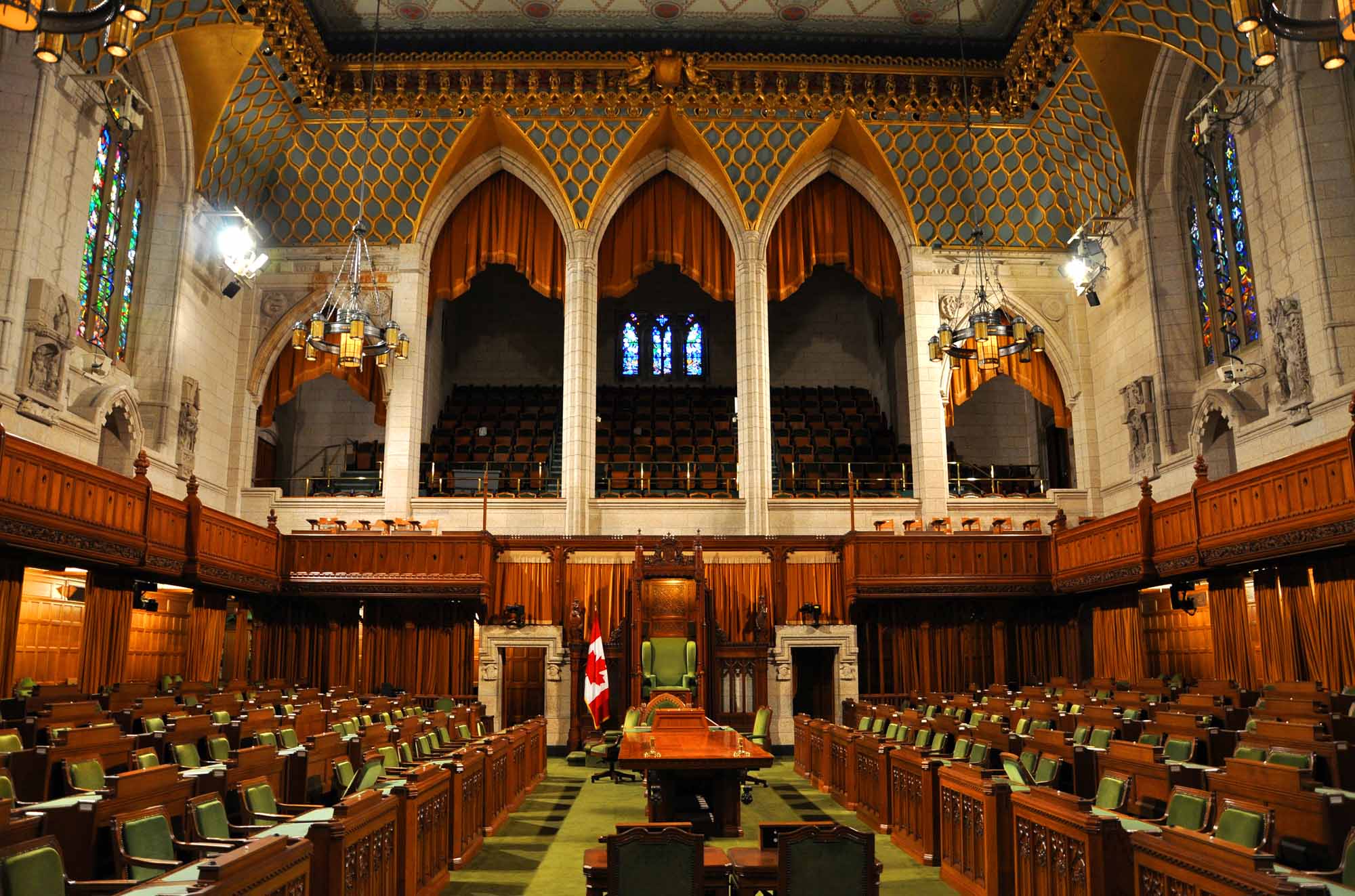Canadian citizens enjoy many rights, including the right to a fair trial, free speech, freedom of religion and participation in the democratic process. Citizenship includes responsibilities, such as voting in elections. Canadians are also expected to take an active role in their communities. Doing so is known as “active citizenship.”
(This article is a plain-language summary of active citizenship. If you are interested in reading about this topic in more depth, please see our full-length entry Active Citizenship.)

All Canadians are encouraged to be active citizens. It’s a good way to meet your neighbours. It also helps develop a better understanding of how Canada’s democracy works.
You can be an active citizen in many different ways. You can volunteer with charities, including packing grocery bags at a food bank. You can join a neighbourhood watch group to help reduce crime. You can help a housebound neighbour or senior citizen by doing their grocery shopping or picking up their medicine. You can help at your children’s school. You can help at your church, synagogue, mosque or other house of worship. Even a simple act like recycling is an act of active citizenship because it helps protect our natural environment.
You can also contribute by seeking to lawfully change (or maintain) Canada’s laws. This can be done by signing a petition or joining a protest march. Any action that promotes democracy is an act of active citizenship. It can be partisan (encouraging people to vote for one political party) or non-partisan (encouraging people to vote).

 Share on Facebook
Share on Facebook Share on X
Share on X Share by Email
Share by Email Share on Google Classroom
Share on Google Classroom